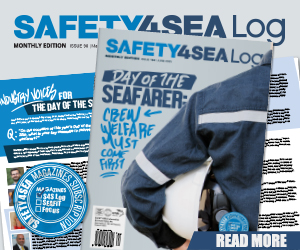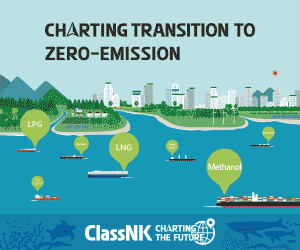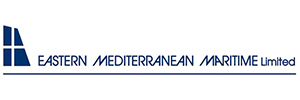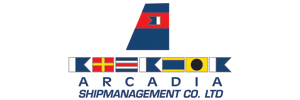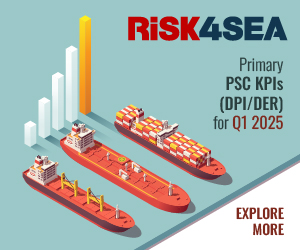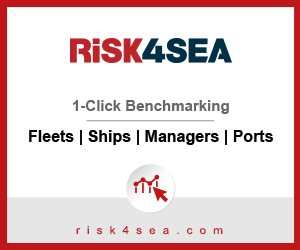In the following article, Captain Zhao Qingwei, Head of the Safety Supervision Department at Chinaland Shipping, presents an analysis of the feasibility of bulk carriers transporting general cargo and deck cargo, along with practical considerations for actual operations.
From a technical and design perspective, bulk carriers are primarily used for transporting bulk cargo. However, with the development of shipping technology and market demands, many shipping companies, both domestically and internationally, have started using bulk carriers to transport large quantities of general cargo, especially as China’s Belt and Road Initiative has driven the year-on-year increase in the export of general cargo from China (including steel, vehicles, and equipment),
Traditional general cargo ships are no longer sufficient to meet these demands, particularly in the case of vehicles, where roll-on/roll-off vessels (Ro-Ro ships) cannot meet transportation requirements. This has “forced” traditional automobile manufacturers to build their own ships to transport their vehicles, as seen with BYD announcing the expansion of its maritime fleet. In addition, container ships and MPP (Multi-Purpose Project) vessels also have their own markets.
For example, most of the wind power projects, which have been quite popular in recent years, are primarily transported by MPP ships. Unless there is a market downturn, it is unlikely that container and MPP ships will enter the relatively niche market of general cargo.
Another reason for this shift is the trade pattern, which results in China importing most of its bulk cargo from abroad while exporting primarily general cargo. This means that bulk carriers which open in China have very limited options other than handling general cargo export voyages. In fact, most general cargo is transported via bulk carriers.
After years of practical experience and market validation, the trend of using bulk carriers for general cargo transportation has surpassed the traditional general cargo ships. Not only conventional ship types like Handy/Supermax, but even Panamax and Capesize bulk carriers can now be used for transporting general cargo.
By comparing bulk carriers with traditional general cargo ships, it is evident that bulk carriers have several advantages:
- Larger deadweight tonnage, greater cargo hold capacity, and simple construction
- More flexible cargo combinations
- Higher economic efficiency per voyage
#1 Historical evolution of general cargo ship
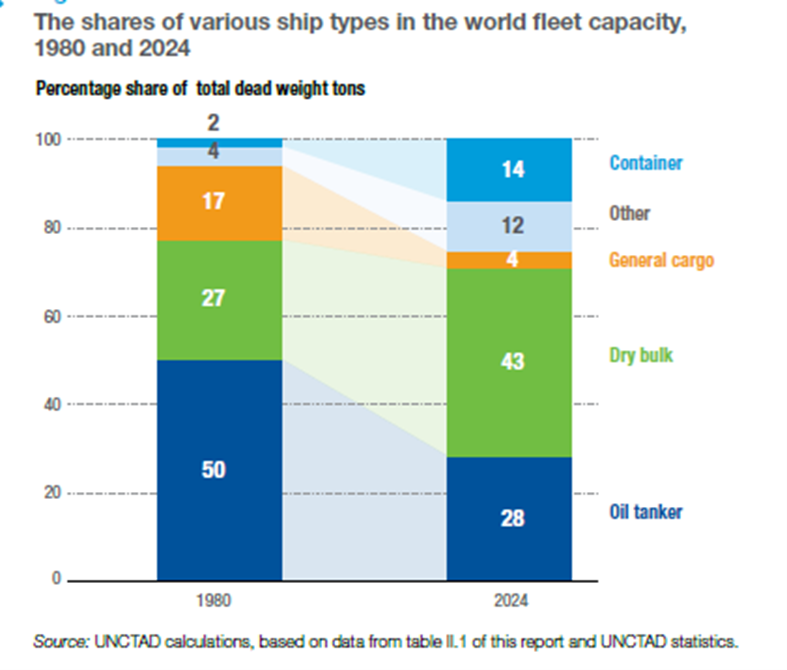 According to The Review of Maritime Transport 2024 (UNCTAD), over the 40-year period from 1980 to 2024, the share of general cargo ships in global total shipping capacity has decreased from 17% to 4%, while the share of bulk carriers has increased from 27% to 43%. One significant reason for this shift is that cargo previously transported by general cargo ships has been increasingly carried by container ships, MPP vessels, and bulk carriers.
According to The Review of Maritime Transport 2024 (UNCTAD), over the 40-year period from 1980 to 2024, the share of general cargo ships in global total shipping capacity has decreased from 17% to 4%, while the share of bulk carriers has increased from 27% to 43%. One significant reason for this shift is that cargo previously transported by general cargo ships has been increasingly carried by container ships, MPP vessels, and bulk carriers.
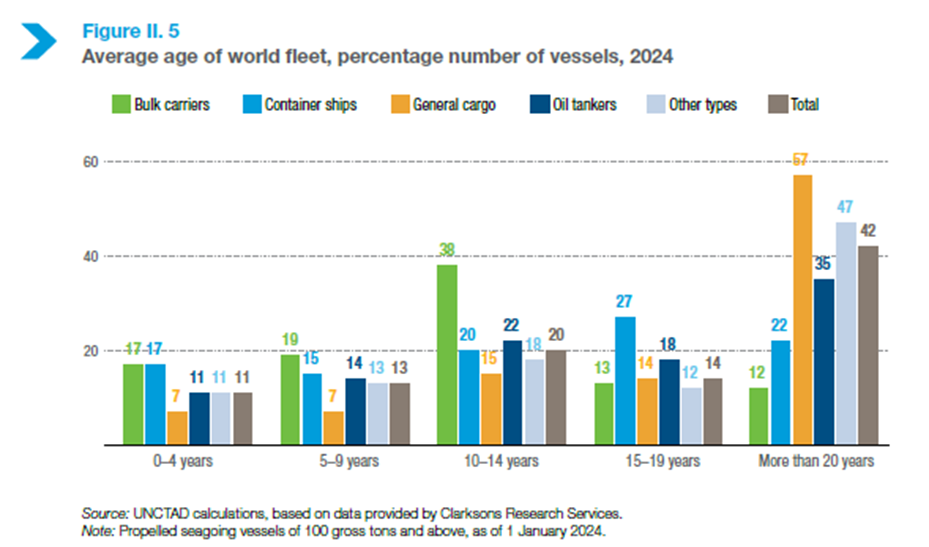 As shown in the chart above, another notable trend is that the bulk carrier fleet is becoming increasingly younger, with an average age of around 11 years, while the general cargo fleet is aging, with an average age of approximately 28 years. This indicates that traditional general cargo ships are gradually being phased out. Additionally, from a safety perspective, older general cargo ships are less suited for handling certain high-value or specialized general cargo.
As shown in the chart above, another notable trend is that the bulk carrier fleet is becoming increasingly younger, with an average age of around 11 years, while the general cargo fleet is aging, with an average age of approximately 28 years. This indicates that traditional general cargo ships are gradually being phased out. Additionally, from a safety perspective, older general cargo ships are less suited for handling certain high-value or specialized general cargo.
#2 Relevant provisions on bulk carriers in international conventions
All of the above are advantages of bulk carriers for the transportation of general cargoes. but a question arises: under the constraints of international conventions and regulations, can bulk carriers actually transport general cargo?
- Bulk carrier means a ship which is constructed generally with single deck, top-side tanks and hopper side tanks in cargo spaces, and is intended primarily to carry dry cargo in bulk, and includes such types as ore carriers and combination carriers. (SOLAS IX/1.6)
- Bulk carrier means a ship which is intended primarily to carry dry cargo in bulk, including such types as ore carriers and combination carriers. (SOLAS XII/1.1)
From the above, it can be observed that the convention uses the term “primarily” rather than “solely” when describing the purpose of a bulk carrier. This indicates that the convention leaves room for bulk carriers to transport other packaged cargo, provided certain conditions are met. Additionally, the MSC.277(85) resolution by the Maritime Safety Committee also mentions that some bulk carriers are capable of transporting cargo that is not handled in bulk.
Below are some examples from documents related to bulk carriers that include non-bulk cargo:
1) Capacity plan: As is well known, some bulk carriers provide both bulk volume and packaged cargo volume (bale capacity) in their capacity plans. This indicates that some bulk carriers are capable of carrying packaged goods (such as bags, equipment, etc.).
2) Loading manual: For some ships, the loading manual specifically provides guidelines for the stowage of steel coils (other than bulk cargo). Some even specify the strength of the inner bottom plates, deck, and hatch covers for uniform loading.
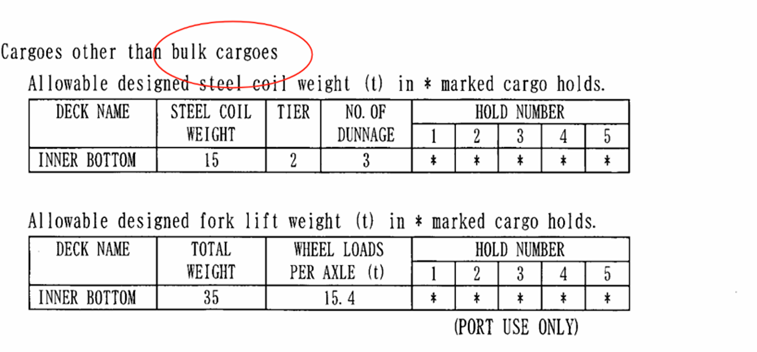 3) Cargo securing manual: Most bulk carriers have a cargo securing manual. While such a manual is not a mandatory requirement for ships that exclusively transport bulk cargo, it is required for bulk carriers transporting general cargo and deck cargo (as stipulated in SOLAS Chapter VII, Part A, Regulation 5).
3) Cargo securing manual: Most bulk carriers have a cargo securing manual. While such a manual is not a mandatory requirement for ships that exclusively transport bulk cargo, it is required for bulk carriers transporting general cargo and deck cargo (as stipulated in SOLAS Chapter VII, Part A, Regulation 5).
Thus, it cannot be concluded universally that bulk carriers cannot carry general cargo. If a bulk carrier is equipped with the appropriate certificates and manuals (approved by Class and Flag state), existing international conventions and regulations do not explicitly prohibit bulk carriers from transporting general cargo and deck cargo. However, during actual transportation, considerations must be made regarding the impact of general cargo on the vessel’s strength, stability, securing, windage area, stowage factor, and visibility.
#3 Required certificates and drawings for bulk carriers
1) Cargo Securing Manual (including cargo holds and deck cargo, certified by Class)
2) Loading Manual (with typical loading conditions)
3) Equipment Number Calculations
4) Maneuvering Diagrams
5) Damage Stability Calculations
6) Loading computer and User Manual (including deck cargo input procedures, certified by Class) – Alternatively, static parameters can be calculated manually.
The documents listed above are common for bulk carriers and are typically provided. Therefore, for bulk carriers engaged in transporting general cargo and deck cargo, the Cargo Securing Manual (certified by Class) is an essential document. The Loading instrument (used for deck cargo) is not mandatory.
#4 Technical Considerations for Actual shipment
Currently, many bulk carriers are loading finished and/or semi-finished steel, general cargo, containers, and project cargo into the same cargo hold, deck, or hatch cover. These types of cargo, including (but not limited to) large, heavy, oversized items, mechanical parts, wooden crates, and heavy-duty wheeled equipment such as trucks, cranes, and loaders, require special attention.
Unlike ships specifically designed for carrying general cargo, containers, or project cargo, bulk carriers typically lack suitable securing devices. These irregularly sized, shaped, and weighted items need special stowage and securing plans. When loading such cargo, the following points should be observed:
1) Before loading the cargo, the Captain must complete the following basic steps:
- Develop an effective loading plan/securing plan and assess whether the strength and stability requirements are met.
- Upon receiving the loading plan, the Captain should input the relevant data into the loading computer to ensure that the ship’s shear force, bending moment (SFBM), and stability are within the applicable range, and verify whether the local strength meets the requirements.
- According to the Cargo Securing Manual (CSM), ensure that the materials and equipment used for securing meet the relevant requirements of the CSS rules.
2) During loading, given the potential risk of cargo damage due to the weight or improper securing of general cargo, containers, or project cargo, the following considerations are recommended:
- It is advised to hire experienced port captains to supervise the loading process. For high-value project cargo or heavy general cargo, some companies hire third-party survey companies to conduct a lashing survey.
- The quality of general cargo or project cargo is often difficult to monitor by crew, so it is recommended to arrange a pre-loading survey through a recognized association.
- Heavy cargos typically have designated lifting/securing points, often provided by the manufacturer. These points should be strictly followed during loading/unloading and securing.
- Dunnage to be applied properly for heavy cargos to ensure they do not exceed the maximum load capacity of the cargo hold, deck, or hatch cover.
- Ensure that during the voyage, the cargo does not cause damage to the ship, and use proper lashing techniques.
- Perform a risk assessment before hot work to avoid fire hazards.
- Be mindful of blind spots caused by deck cargo. If bulk carriers are transporting deck cargo, the blind zone should be calculated after cargo loading, and the visibility from the bridge should not be obstructed by deck cargo.
3) Cargo Transport/Storage Considerations:
- Develop a detailed voyage plan that takes into account weather conditions, sea states, and other hydrological factors. It is advisable to hire a professional weather routing service to minimize voyage risks.
- Regularly inspect cargo securing and ensure that the ship is equipped with special tools for tightening. Proper waterproofing and ventilation should be carried out, and cargo holds should be inspected for compliance with relevant safety regulations.
- In the event of adverse weather or other unforeseen factors, take the most effective risk mitigation measures and note a SEA PROTEST if necessary for commercial consideration.
- Pay attention to port rotation during unloading to avoid cargo mis delivery.
#5 Dangerous cargo
Some general cargo may be classified as dangerous cargo, subject to the IMDG Code rather than the IMSBC Code. When a bulk carrier transports general cargo, in addition to holding a Certificate of Compliance (COC) for the carriage of solid bulk cargo, it must also possess a Document of Compliance (DOC) issued by the Classification Society that specifies special requirements for ship carrying dangerous goods.
 For specific voyages, it is recommended to consult with classification societies, flag states, and other relevant organizations. The transport of general cargo by bulk carriers is a flexible aspect of modern maritime shipping. When adopting this mode of transportation, it is essential for shipping companies and crew members to be familiar with the operational requirements for handling general cargo and deck cargo, ensuring compliance with maritime conventions and regulations while maximizing profitability.
For specific voyages, it is recommended to consult with classification societies, flag states, and other relevant organizations. The transport of general cargo by bulk carriers is a flexible aspect of modern maritime shipping. When adopting this mode of transportation, it is essential for shipping companies and crew members to be familiar with the operational requirements for handling general cargo and deck cargo, ensuring compliance with maritime conventions and regulations while maximizing profitability.
The above represents the author’s views from a practical standpoint on the loading of general cargo on bulk carriers.The views presented are only those of the authors and do not necessarily reflect those of SAFETY4SEA and are for information sharing and discussion purposes only.









































